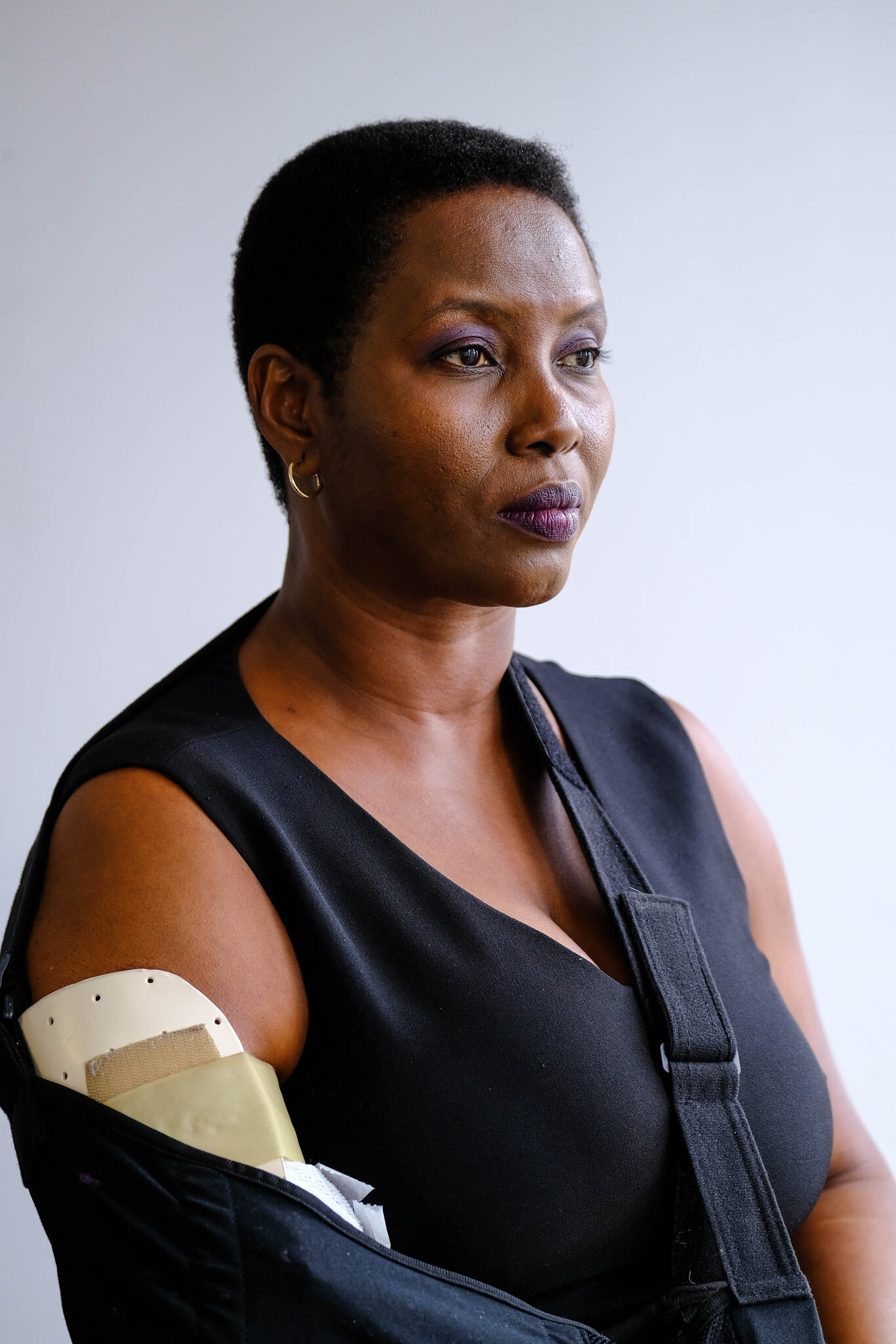Martine Moïse, first lady of Haiti, has for the first time spoken in depth about the assassination attempt on her late husband, Jovenel Moïse.
The killing of President Jovenel Moïse by assassins on July 7 rocked Haiti. During the attack, he was shot multiple times while his wife was also shot but survived the assassination attempt even though she might not be able to use her right arm again.
Christian Emmanuel Sanon, 63, a doctor with ties to Florida has been arrested. He is described as someone who played a central role in the death of the president.
Two Americans are among at least 20 people who have been detained thus far. The suspects include retired Colombian commandos, a former judge, a security equipment salesman, a mortgage and insurance broker in Florida, and two commanders of the president’s security team.

Several of the people under investigation met in the months prior to the killing to discuss rebuilding the country once the president was out of power, Haitian police have revealed. Yet Moise’s late wife is not satisfied with the investigation so far and feels none of the arrested people have the financial capability to mastermind and fund such a gigantic assassination operation.
She also questioned how 30-50 men who usually guard her husband were nowhere to be seen during the attack. None had any gunshot wounds or were killed during the attack.
In an interview with the New York Times in Florida, where she is recuperating, the first lady of Haiti said with her elbow shattered by gunfire and her mouth full of blood, she laid on the floor beside her bed, unable to breathe, as the assassins stormed the room.
“The only thing that I saw before they killed him were their boots,” Martine Moïse said of the moment her husband, President Jovenel Moïse of Haiti, was shot dead beside her. “Then I closed my eyes, and I didn’t see anything else.”
She listened as they ransacked the room, searching methodically for something in her husband’s files, she said. “‘That’s not it. That’s not it,’” she recalled them saying in Spanish, over and over. Then finally: “‘That’s it.’”
The killers filed out. One stepped on her feet. Another waved a flashlight in her eyes, apparently to check to see if she was still alive.
“When they left, they thought I was dead,” she said.
“I don’t understand how nobody was shot,” she said.
At the time of his death, president Moïse, 53, had been facing a political crisis. Protesters accused him of overstaying his term, of controlling local gangs and ruling authoritatively.
Mr. Moïse was also fighting some of the nation’s wealthy oligarchs, including the family that controlled the nation’s electrical grid.

“Only the oligarchs and the system could kill him,” Mrs Moise said.
She says as the attackers entered their house, her husband grabbed his telephone and called for help. “I asked, ‘Honey, who did you phone?’” she said.
“He said, ‘I found Dimitri Hérard; I found Jean Laguel Civil,’” she said, reciting the names of two top officials in charge of presidential security. “And they told me that they are coming.”
But the assassins entered the house swiftly. Mr. Moïse told his wife to lie down on the floor so she would not get hurt.
“‘That’s where I think you will be safe,’” she recalled him saying.
It was the last thing he told her. Rapid gunfire came through the room, she said, hitting her first. Struck in the hand and the elbow, she lay still on the floor, convinced that she, and everyone else in her family, had been killed.
None of the assassins spoke Creole or French, she said. The men spoke only Spanish, and communicated with someone on the phone as they searched the room. They seemed to find what they wanted on a shelf where her husband kept his files.
“They were looking for something in the room, and they found it,” Mrs. Moïse said.
“At this moment, I felt that I was suffocating because there was blood in my mouth and I couldn’t breathe,” she said. “In my mind, everybody was dead, because if the president could die, everybody else could have died too.”





















